100 Key Core Competencies Examples to Put on Your Resume [w/ Definitions]
Core competencies in a resume can go under many names such as “Core Qualifications” or “Highlights”. They are a list combining your skills, abilities, and qualifications that make you a good fit for the position.
For example, below are 5 examples of core competencies in business:
- Research skills
- Conflict resolution
- Communication skills
- Forecasting
- Task delegation
The purpose of putting core competencies in a resume is to pique the employer’s interest since the very beginning. Hence, it’s very important to write this section properly and provide outstanding key competencies examples.
Table of Contents:
What Are Core Competencies on a Resume?
The concept of core competencies was first introduced by C.K. Prahalad and Gary Hamel. According to the authors, core competencies are referred to as a unique set of skills and resources that helps a company to operate more effectively and efficiently than competitors in the market. Simply put, they are what makes an organization or individual stand out from the crowd.
In the context of resume writing, core competencies include your strengths, soft skills, and hard skills related to the position you are applying for. They are often listed in a separated section and as phrases instead of full sentences. The point is that employers will be drawn to your CV/resume and have a picture of you from the start. Note that they only spend an average of 7 seconds on an individual application, hence, grab their attention by listing key competencies in your resume.
20 Core Competencies Examples
Let's check out the list of common competencies examples as well as key competencies for your CV:
- Communication
- Teamwork
- Management Skills
- Customer Service
- Leadership
- Creative Thinking
- Adaptability
- Innovation
- Problem-solving
- Multitasking
- Interpersonal
- Analytical Skills
- Critical Thinking
- Technical Skills
- Computer Skills
- Microsoft Office Skills
- Decision-making
- Organizational Skills
- Transferable Skills
- Job-related Skills
1. Communication
Communication skills facilitate the interaction, understanding, and coexistence among individuals in both the workplace and personal life.
Examples of communication skills on a resume:
- Negotiation skills
- Active listening
- Phone skills
- Public speaking
- Accepting feedback
2. Teamwork
Teamwork skills are the ability to interact and cooperate effectively within a group, team, or organization. Nowadays, most tasks require collaboration so employers value professionals with strong teamwork skills.
Examples of teamwork on a resume:
- Tolerance
- Respectfulness
- Communication
- Task delegation
- Networking
3. Management skills
Management skills cover a wide range of areas, including: planning, supervision, evaluation, budget control, etc. They are important attributes that help you manage your tasks efficiently and accomplish your career objectives.
Examples of management skills on a resume:
- Planning & organizing
- Coordinating
- Emotional intelligence
- Conflict management
- Risk management
4. Customer service
Customer service skills are traits and practices necessary to communicate with customers, ensure their satisfaction, and solve their problems.
Examples of customer service on a resume:
- Communication skills
- Relationship development
- Problem-solving
- Negotiation skills
- Attention to detail
5. Leadership
Leadership skills incorporate a set of personal traits and techniques which are especially beneficial for managerial positions like team leaders, supervisors, managers, or C-suite executives.
Examples of leadership skills on a resume:
- Recruiting & training
- Strategic thinking
- Prioritizing tasks
- Team building
- Conflict resolution
6. Creative thinking
Creative thinkers are able to see things from diverse perspectives and actively explore different approaches to a problem or a challenge.
Examples of creative thinking skills on a resume:
- Analytical mindset
- Open-mindedness
- Experimentation
- Active listening
- Divergent thinking
7. Adaptability
Adaptability refers to the ability to adjust mindset and behaviors to fit into a new environment.
Examples of adaptability on a resume:
- Fast learner
- Networking
- Communication
- Analytical thinking
- Self-motivation
8. Innovation
Similar to the concept of innovation in business, innovation skills drive you forward with your creative thinking, determination, and courage. Employers would expect someone who will bring new ideas that can make a breakthrough and contribute to the organization’s growth.
Examples of innovation on a resume:
- Creative thinking
- Brainstorming
- Idea development
- Research skills
- Analytical thinking
9. Problem-solving
Having problem-solving skills means that you are able to handle difficult or unexpected situations and come up with an effective solution in a given time.
Examples of problem-solving skills on a resume:
- Critical thinking
- Dependability
- Decision-making
- Risk assessment
- Conflict resolution
10. Multitasking
Multitasking is switching back and forth among different tasks, and effectively performing one right after the other.
Examples of multitasking on a resume:
- Planning & organizing
- Organization skills
- Dependability
- Team-building
- Deadline-driven
11. Interpersonal
Interpersonal skills refer to the behaviors and tactics used to effectively communicate, interact, and work within an organization. They are considered as a specific type of social skills essential for both career and personal life.
Examples of interpersonal skills on a resume:
- Written and verbal communication skills
- Diplomacy (handling affairs without hostility)
- Inspiring and motivating other team members
- Relationship building
- Responsive
12. Analytical skills
If you can collect information and analyze it thoroughly, it means you have analytical skills. These are often required to successfully solve problems and make decisions.
Examples of analytical skills on a resume:
- Logical reasoning
- Data collection
- Research
- Forecasting
- Report Analysis
13. Critical thinking
Critical thinking is a thinking strategy that allows you to be logical when approaching an issue. You will need to understand the matter thoroughly and use the given facts to resolve it.
Examples of critical thinking on a resume:
- Problem-solving
- Observation
- Active listening
- Research & analysis
- Relevance
14. Technical skills
Technical skills, also listed as hard skills in some cases, are job-specific capabilities or knowledge that must be learned through online/university courses, hands-on experience, and training. They are often geared towards a specific career or a general set of expertise.
Examples of technical skills on a resume:
- Industry knowledge
- Ability to operate a specific tool
- Software proficiency
- Data analysis
- Technical reports
15. Computer skills
Whether or not you are proficient in using different tools, software, and applications on the computer to produce desired results efficiently - that’s the basic concept of computer skills.
Examples of computer skills on a resume:
- Word processing
- Web browsers
- Scheduling tools
- Social media management
- Web development & programming
16. Microsoft Office skills
You may see “Microsoft Office Skills" very often in the requirements section in a job posting. These are the techniques and practices that you learn when working with Microsoft Office programs or tools.
Examples of MS Office skills on a resume:
- Creating and formatting documents
- Data presentation & visualization
- Executing formulas
- Task delegation and assignment on Outlook
- Printing
17. Decision-making
Decision-making skills demonstrate your proficiency in choosing between two or more alternatives in a certain situation.
Examples of decision-making skills on a resume:
- Analytical thinking
- Problem-solving
- Professionalism
- Risk assessment
- Emotional intelligence
18. Organizational skills
Organizational skills are a set of attributes that help you to plan and organize tasks effectively and be professional in a business setting.
Examples of organizational skills on a resume:
- Professionalism
- Coordination
- Planning & scheduling
- Attention to detail
- Facilitation
19. Transferable skills
Transferable skills, or portable skills, are personal traits and abilities that are relevant and helpful across different areas of life. They can be utilized whether you are a student or employee; entry-level or higher-level professional.
Examples of transferable skills on a resume:
- Time management
- Personal motivation
- Personal development
- Avoiding stress
- Numeracy skills
20. Job-related skills
Job-related skills are specific skills that allow you to excel in a particular job, for example, the job you’re applying for. Some are attained by attending courses or developed through professional experience at work.
Examples of common competencies in business:
- Ceaseless innovation
- Great customer service
- Result-driven
- Problem analysis
- Situational awareness
With CakeResume’s free resume builder, CV makers, jobs resume examples and easy resume templates, you could showcase your best qualifications to land your dream job. Try making a resume online (free download) now!
How to Use the Core Knowledge Competencies Examples on a Resume
💡 Write down a list of your core strengths
If you don’t know where and how to start, list out all knowledge and qualifications that you have and pick the 5-10 most outstanding key competencies for your CV. They should be those that makes you stand out from the rest.
💡 Keep your core competencies writing concise but descriptive
As mentioned above, employers find it easy to read if you use bullet points to list out core competencies in your resume. They will be more impressed to see how you elaborate further on what you’ve listed.
Example of core competencies in entrepreneurship:
“Leadership skills: Led a team of 6 front-end developers, ensuring 100% uptime.”
💡 Tailor each resume core competencies for each application
Similar to hard and soft skills, core competencies in a resume should be tailored to match the specific position. You may have plenty of strengths but not all of them can benefit you at work. For instance, creative thinking is a key skill for creative industries such as writers, designers, and artists rather than managerial positions or public sector jobs.
💡 Place your core competencies in the correct resume section
You can present your key competencies in the following resume sections:
- Resume profile (check the examples below)
- Work experience
- A separate section for your core strengths and qualifications
💡 Think about your core competencies in a professional setting
Bear in mind that you’re writing a resume to apply for a job, not a biography. Thus, avoid listing what can be seen as too personal and not beneficial for your actual job, such as humor and extroversion.
Core Competencies Examples (for Different Resume Types)
Keep on reading to see resume core competencies examples for different professions:
1. Project Manager Core Competencies Resume Examples
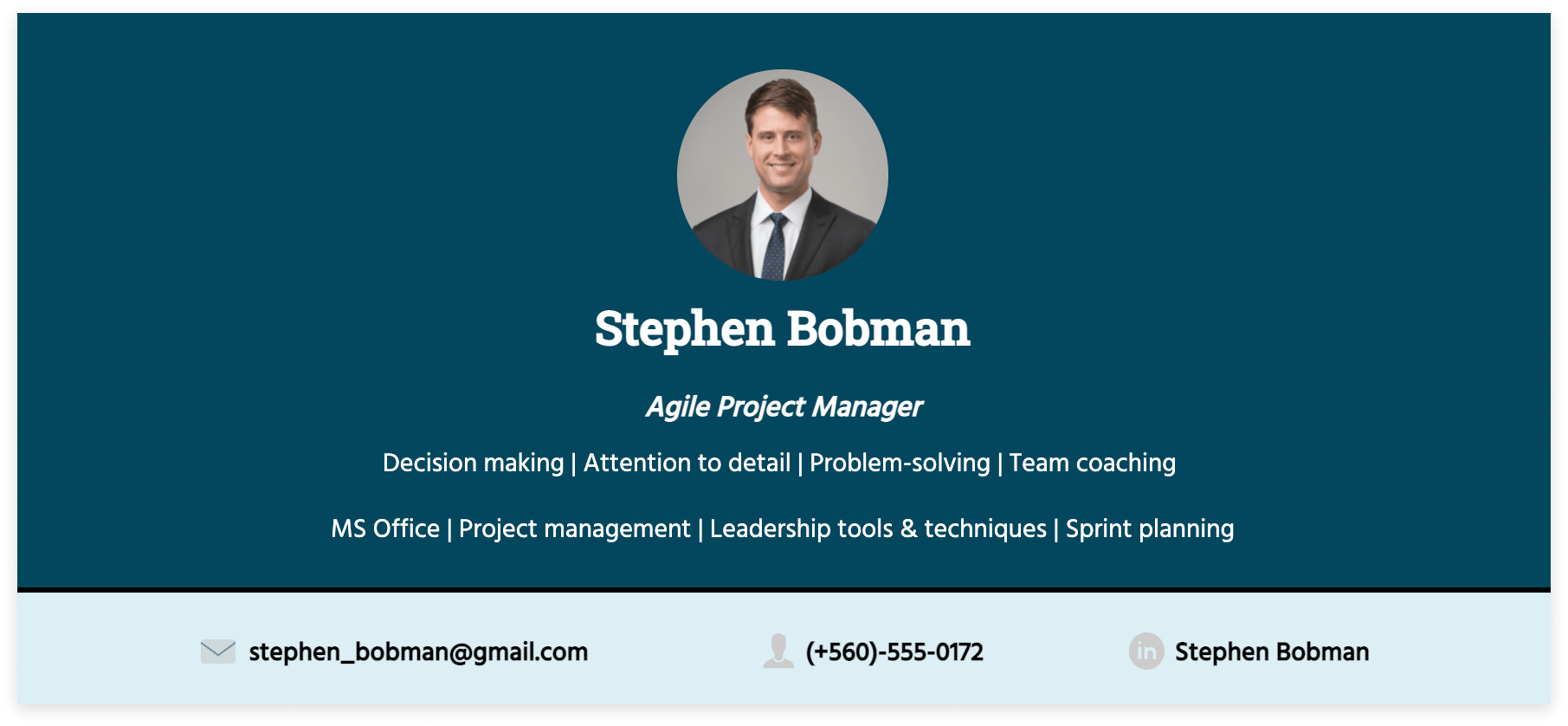
2. Core Competencies in Resume for Freshers Examples
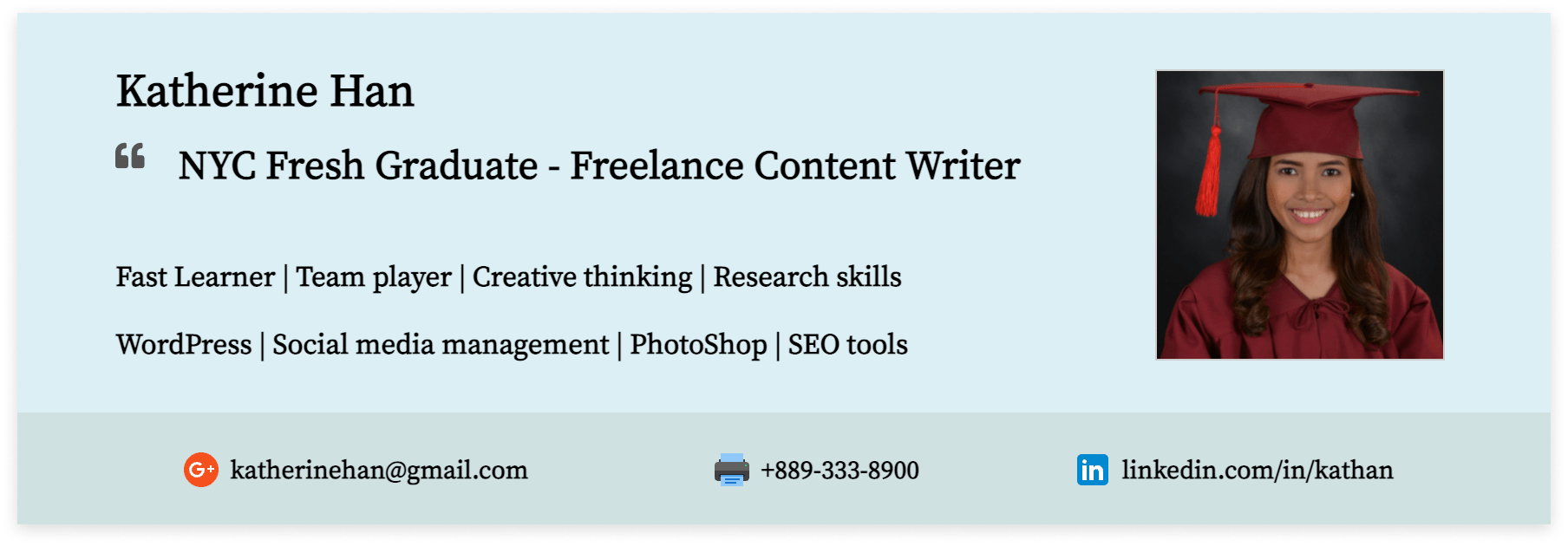
3. Core Competencies for Sales Resume Examples
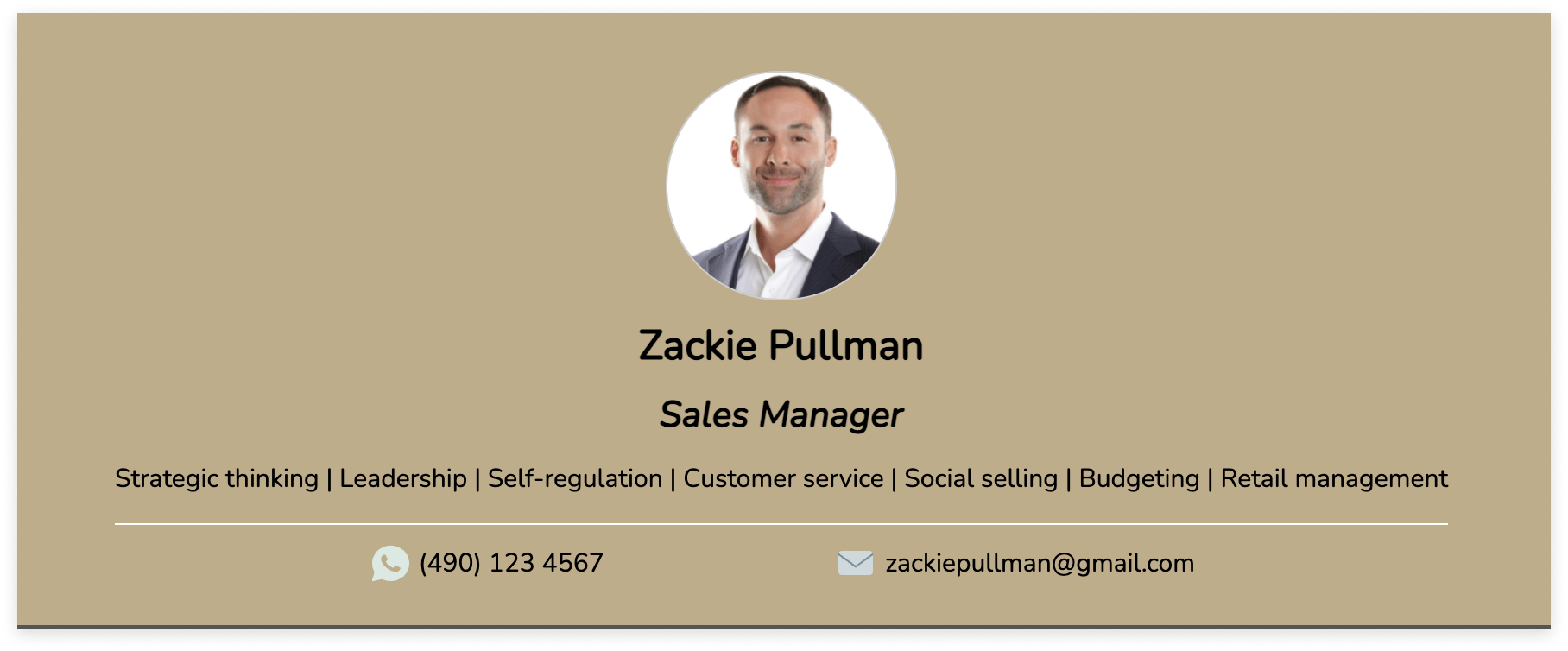
4. Core Competencies for Logistics Resume Examples
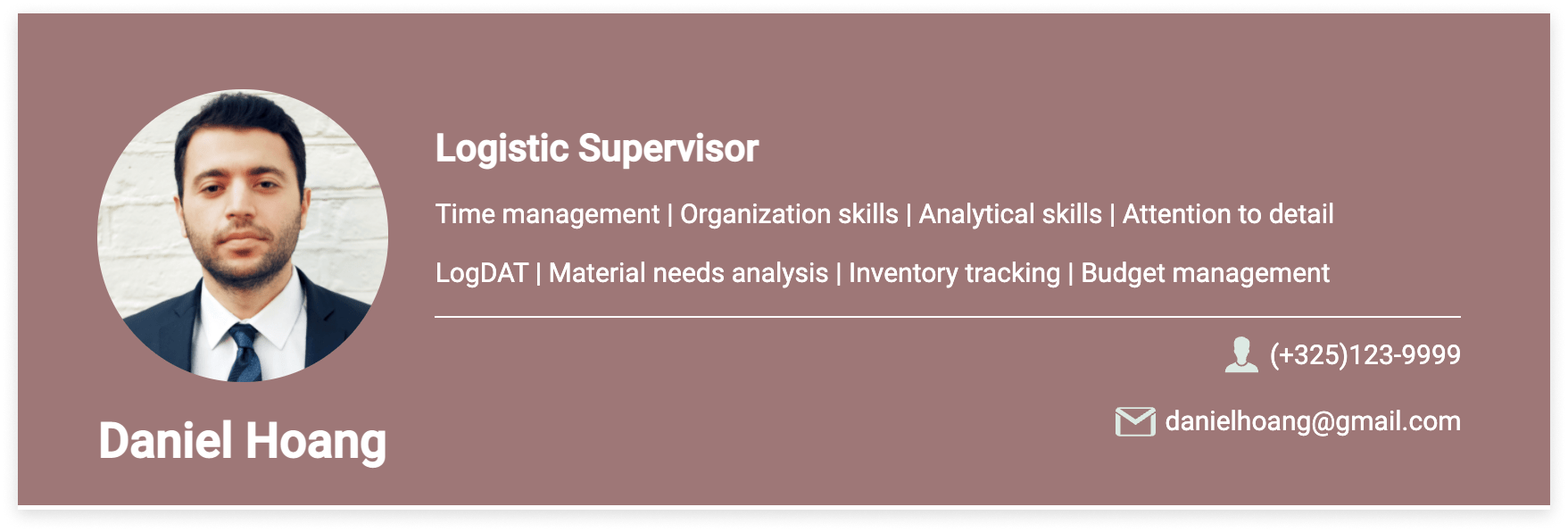
5. Teacher Core Competencies for Resume Examples

6. Customer Service Core Competencies Resume Examples
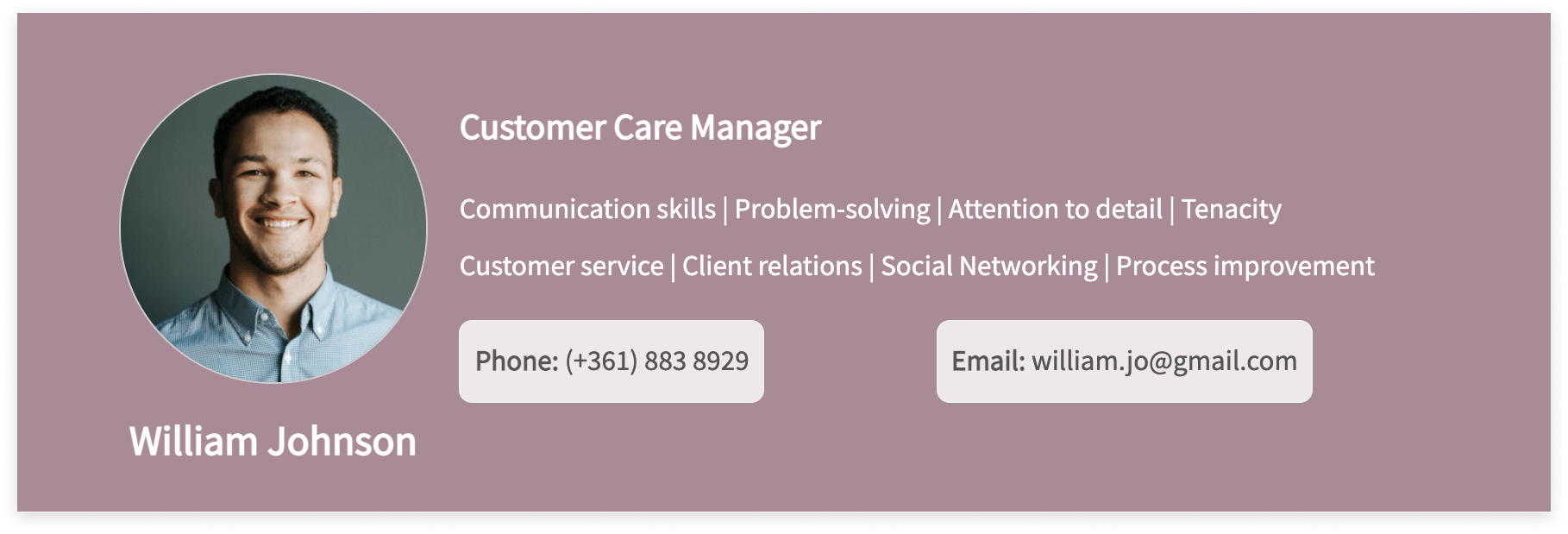
🔑 Key Takeaways:
- Adding core competencies in your resume/CV can quickly show employers what value you can bring to the organization.
- When providing key competencies examples, keep in mind to list them properly and professionally, either at the top of the resume or in a separate section.
--- Originally written by May Luong ---
More Career and Recruitment Resources
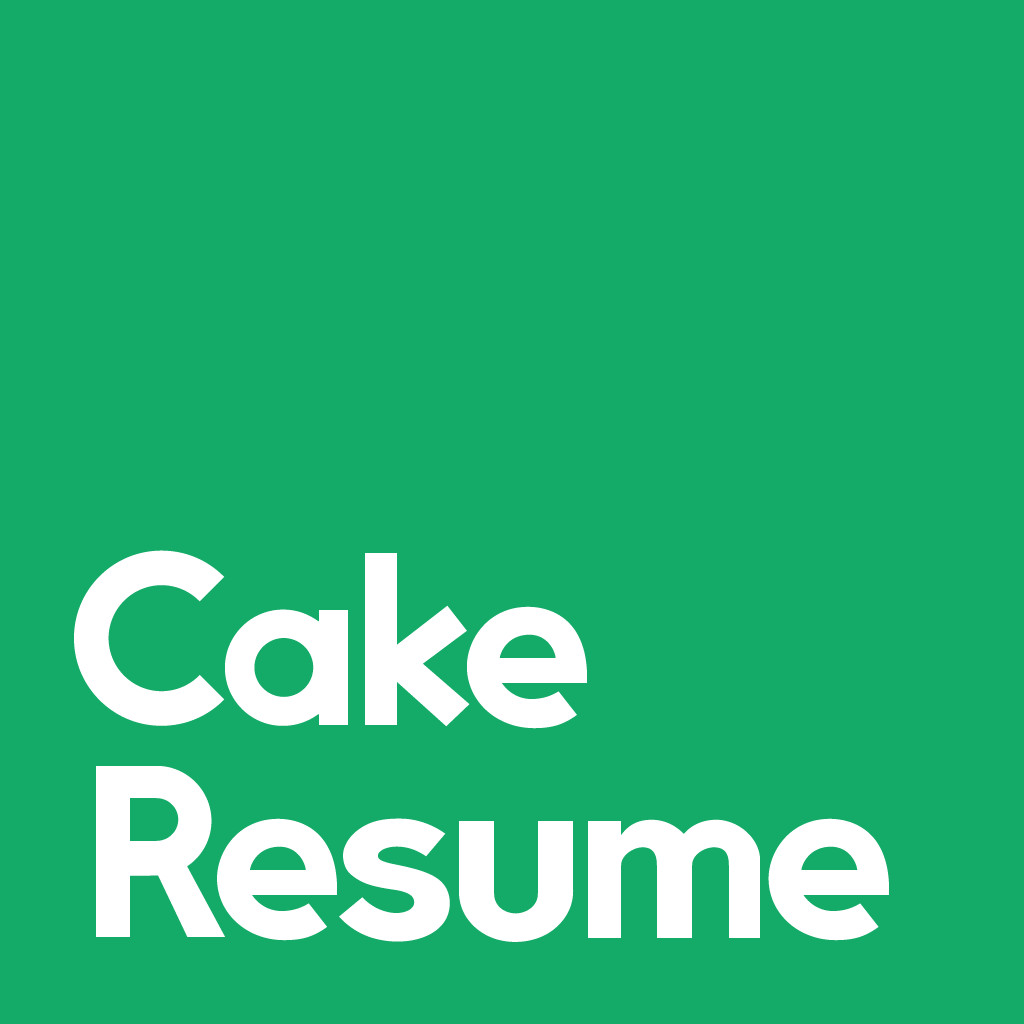
With the intention of helping job seekers to fully display their value, CakeResume creates an accessible free resume/CV/biodata builder, for users to build highly-customized resumes. Having a compelling resume is just like a piece of cake!






